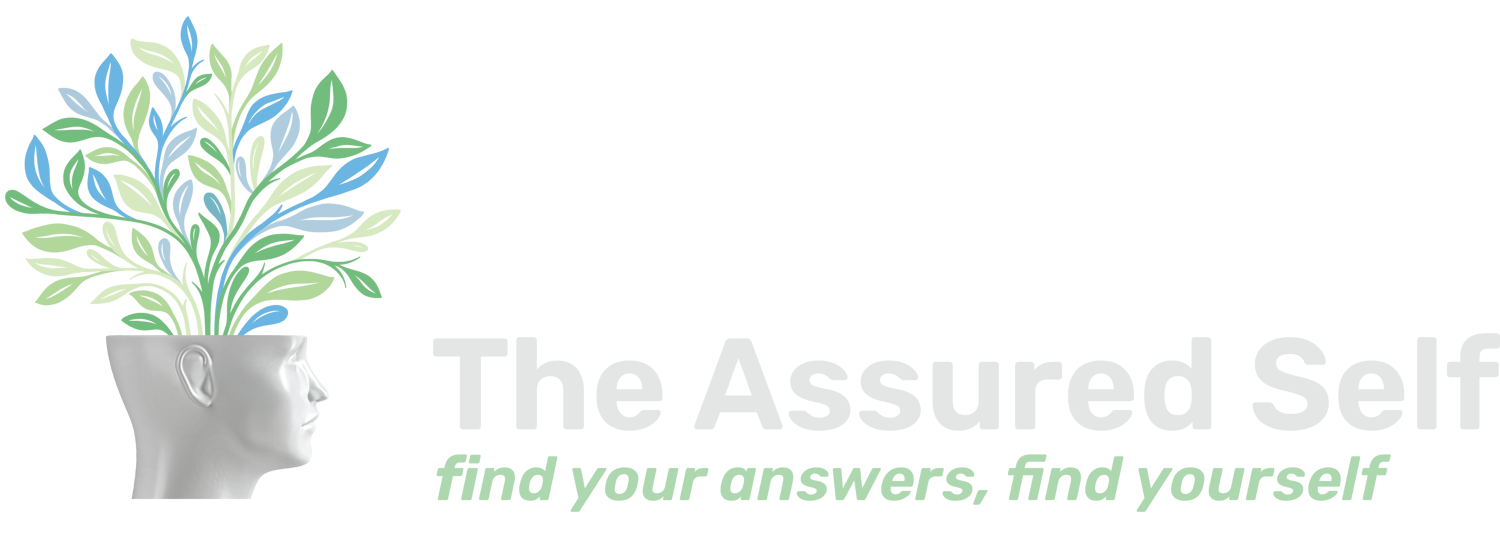People know who they have the potential to be.
The challenge is seeing that process through.
Self-development is an art.
It takes time. It requires patience. It asks you to step outside your comfort zone. It is challenging — and that’s the point.
However, the biggest challenge when it comes to self-development is the process itself. People really struggle with the path and all its twists and turns, much more than they do any single obstacle.
But should you learn how to walk that path of self-development, you will learn some tried truths to live by:
1. Any failure can be reframed as a lesson.
Self-development is a mindset.
To one person, a project going poorly or a relationship ending means they failed. To someone else, it is nothing more than another lesson on the path.
By reframing to see the lesson instead of the mistake, you will ultimately learn more and move on to what’s next faster.
Example
Imagine two people who both experience a painful breakup:
Person A: Sees themselves as a failure. They dwell on their mistakes, blame themselves or their ex, and get stuck in a cycle of negativity. This mindset can lead to fear of future relationships, self-sabotage, and a lack of personal growth.
Person B: Acknowledges the pain but chooses to focus on the lessons learned. They might ask themselves:
- “What can I learn about myself from this experience?”
- “What were the red flags I missed?”
- “What are my needs and boundaries in a relationship?”
This self-reflection allows them to gain valuable insights, develop stronger self-awareness, and make healthier choices in the future.
The key difference lies in their approach:
- Person A adopts a fixed mindset, believing their flaws are permanent and define them.
- Person B cultivates a growth mindset, viewing challenges as opportunities for learning and development.
Here’s how to actively cultivate this “reframing” skill:
- Embrace self-reflection: Regularly examine your experiences, both positive and negative. Journaling, meditation, or therapy can be helpful tools.
- Challenge negative self-talk: Replace self-criticism with self-compassion. Ask yourself: “What would I say to a friend in this situation?”
- Focus on solutions: Instead of dwelling on problems, brainstorm potential solutions and action steps.
- Seek out feedback: Ask trusted friends, mentors, or colleagues for their perspectives. This can help you identify blind spots and gain new insights.
- Celebrate small victories: Acknowledge your progress and celebrate your successes, no matter how small.
By actively practicing these strategies, you can transform setbacks into stepping stones on your path to self-development. It’s a continuous process, but the rewards are well worth the effort.

